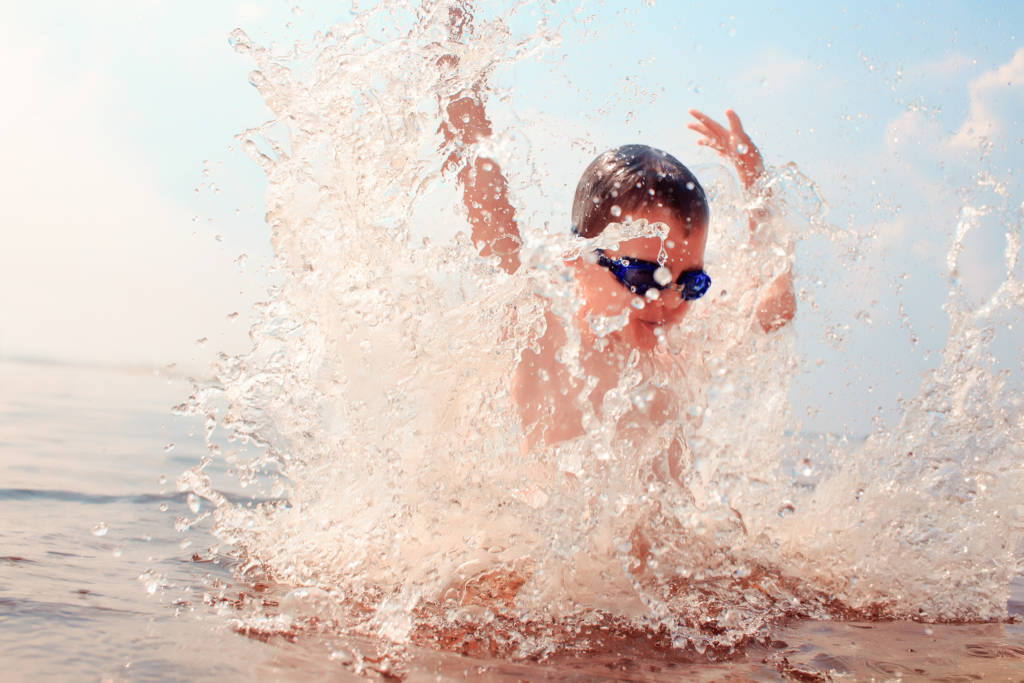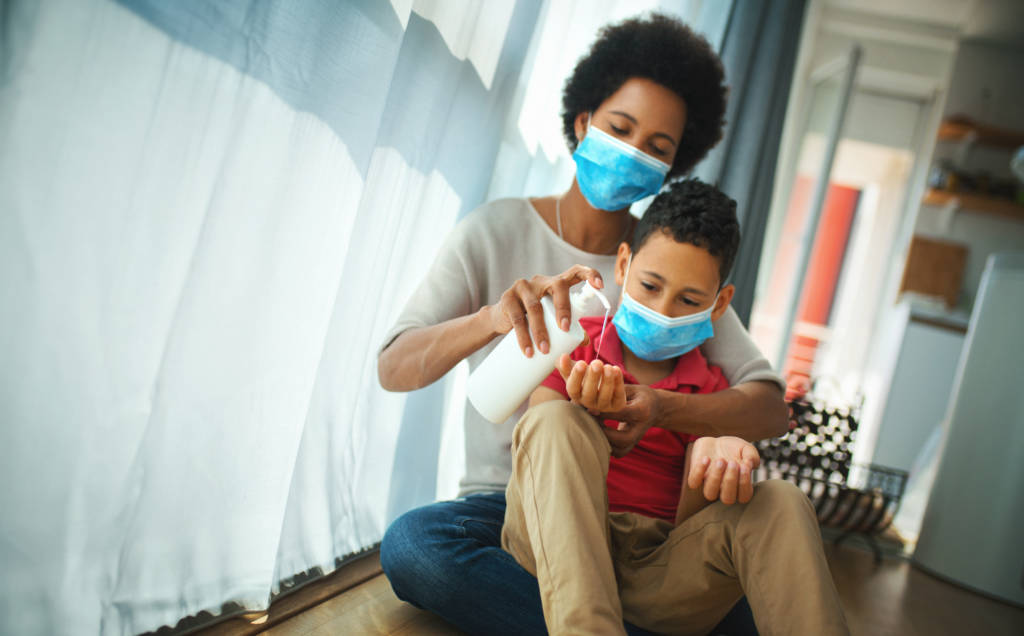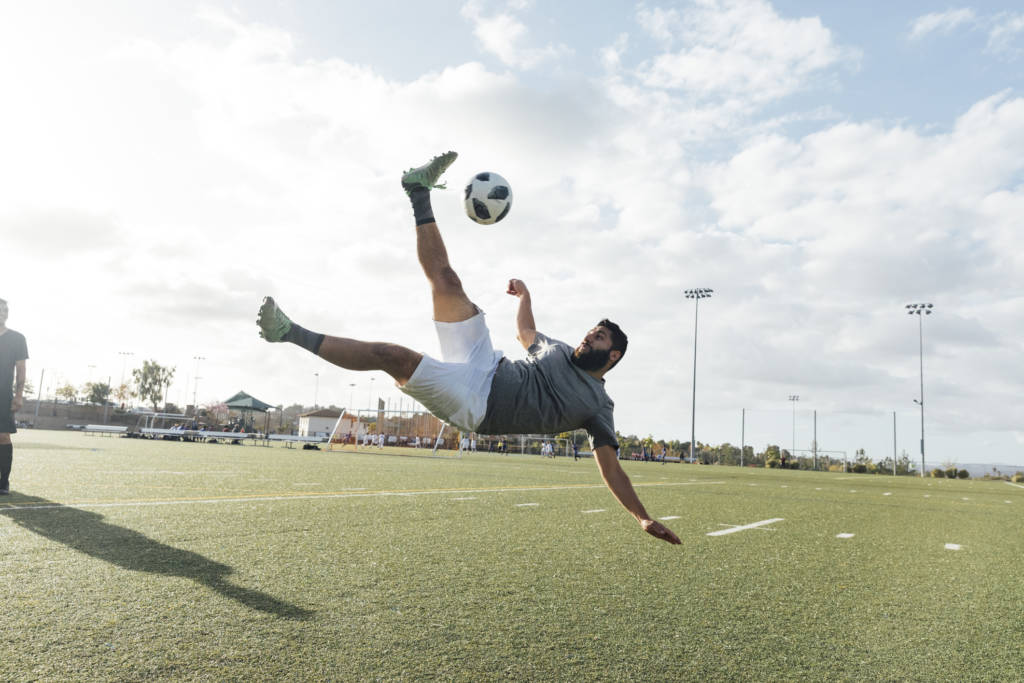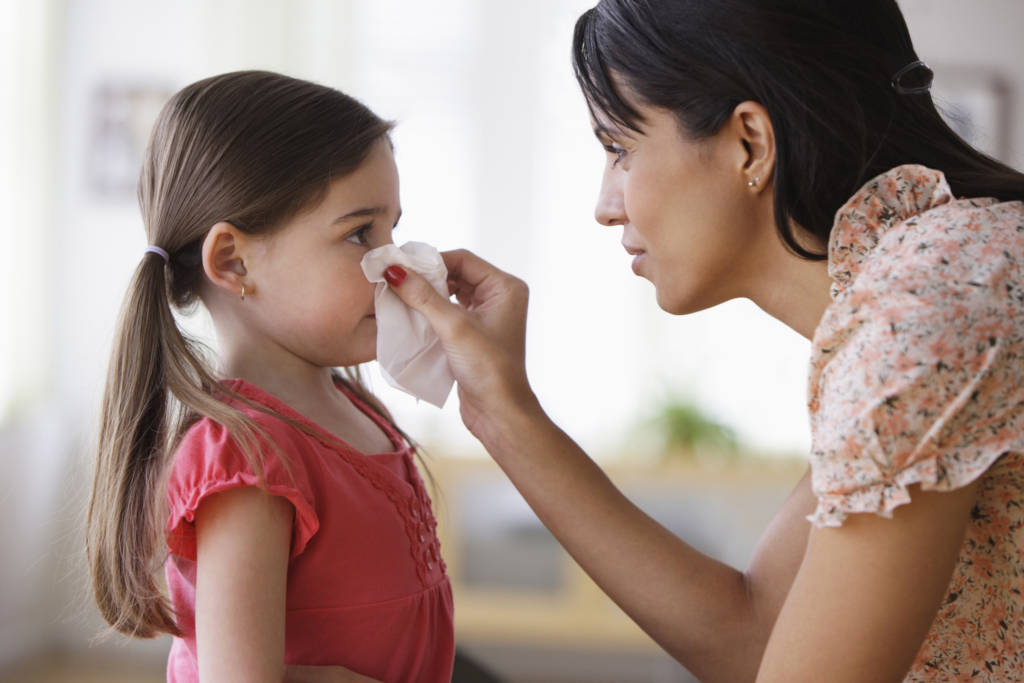Were there any signs that there was something wrong? Days after going for a swim, Frankie would wake up in the middle of the night vomiting and with diarrhea. “Him throwing up, vomiting, there’s nothing uncommon about that,” the father says. “We didn’t think [Frankie] was gonna pass away or anything like that.”
During his last breaths, the boy woke up complaining about shoulder pain that woke him up. “He just grabbed his chest and screamed. He took a deep breath and his eyes kind of rolled back, then he laid back down,” Delgado recalls. “I got up, I said, ‘Frankie, wake up!’ All of a sudden, he exhaled. I picked up his shirt and I couldn’t see his [chest] moving.”
Frankie was rushed to East Houston Regional Medical Center where doctors told the family that the boy had lacked oxygen to his brain for over an hour. He passed away about an hour later.
“Me and my wife, we’re at a loss for words. I don’t want anybody to go through what I’m going through,” Delgado says. “I’m never taking my kids to beaches, [water] ponds or lakes … I can’t deal with this again.”
Symptoms of dry drowning can include coughing, fever, vomiting, mood swings, and struggling for breath. There is no way to predict how bad it can get, but if you notice your child inhaled a lot of water through his nose or mouth, it might be a good idea to take him to the doctor, especially if you notice any of the above symptoms. Keep a close eye on your child when they’re swimming because dry drowning symptoms could occur hours or even days after the child inhales water.





